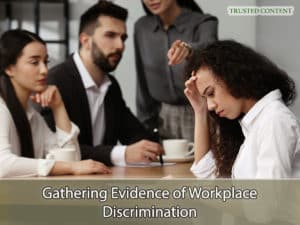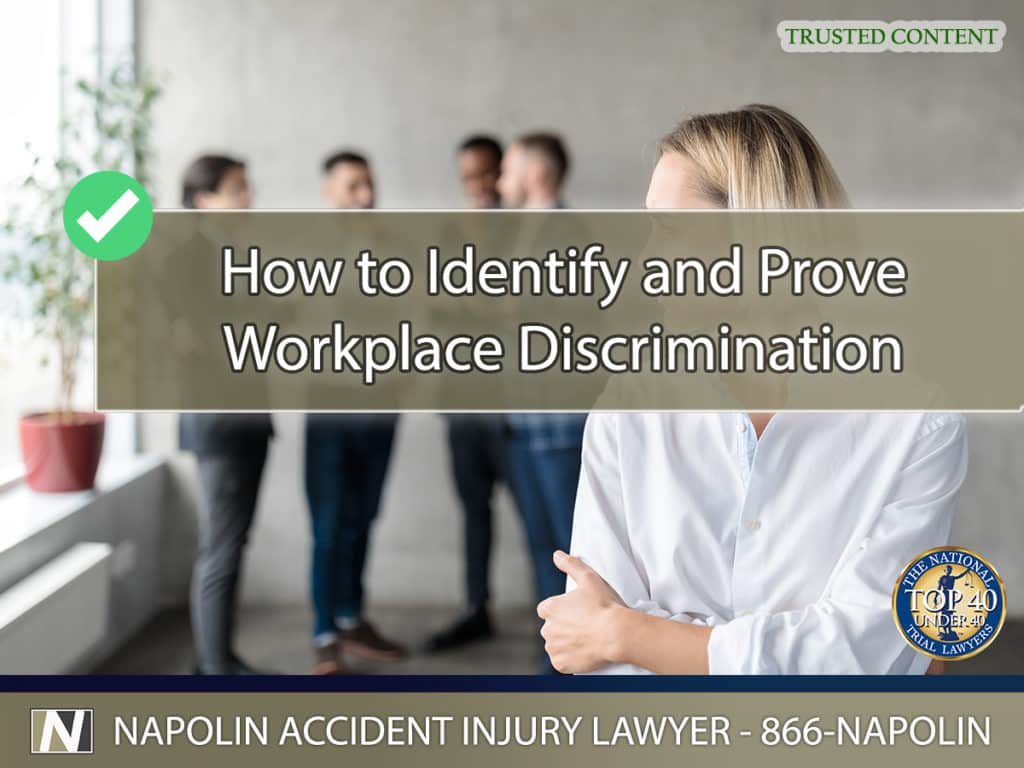Discrimination in the workplace remains a prevalent issue in California, impacting the well-being and career progression of countless employees. It is vital for workers to recognize the signs of discrimination and understand their legal rights in order to protect themselves effectively. This comprehensive guide aims to empower employees with knowledge about the legal landscape of discrimination, evidentiary requirements, and the steps necessary to address and rectify such issues.
Understanding Workplace Discrimination
Workplace discrimination involves any adverse action taken against an employee or job applicant based on protected characteristics such as race, gender, age, disability, sexual orientation, religion, or national origin. This behavior can significantly affect various aspects of employment including hiring processes, wage allocation, promotion opportunities, and daily job responsibilities. Understanding these dynamics is the first step toward recognizing when legal boundaries are being crossed.

Common Signs of Workplace Discrimination
Common Signs of Workplace Discrimination
Identifying discrimination can be challenging, particularly when it manifests subtly. Common indicators include disproportionate disciplinary actions, exclusion from training or career development opportunities, and disparities in pay or benefits that cannot be explained by factors such as experience or performance. Employees might also observe a pattern where only certain groups are affected by negative employment decisions or policies that seem neutral but disproportionately impact specific demographics.
Legal Frameworks Supporting Employees Against Discrimination
Several legal protections exist for California workers facing discrimination. Federally, Title VII of the Civil Rights Act of 1964 provides a robust framework against discrimination, while at the state level, the California Fair Employment and Housing Act (FEHA) offers additional protections. Both laws prohibit discrimination in employment and provide mechanisms for enforcement that can include filing complaints with relevant governmental agencies or pursuing civil litigation.

Gathering Evidence of Workplace Discrimination
Gathering Evidence of Workplace Discrimination
Effective legal claims require solid evidence. This may include documenting communication such as emails or memos that demonstrate discriminatory remarks or policies. Witness testimonies from colleagues who have observed discriminatory behavior can also be pivotal. Gathering a comprehensive log of incidents, noting dates, times, and the individuals involved, creates a timeline that can support claims of systemic discrimination.
Steps to Take if You Suspect Workplace Discrimination
Once discrimination is suspected, it’s crucial to take methodical steps to address it. This includes documenting all incidents and communications related to the discrimination. Reporting the issue to human resources or a trusted supervisor is often necessary to formally start addressing the misconduct. If the internal response is inadequate, or if the employee faces retaliation, it may be necessary to escalate the matter to external legal counsel.
How to Identify and Prove Workplace Discrimination
How to Identify and Prove Workplace Discrimination in California
At Napolin Accident Injury Lawyer, we understand the complexities of workplace discrimination claims. Our legal team is well-versed in both state and federal laws governing employment discrimination. We provide strategic advice tailored to each client’s situation, helping to navigate the legal system while advocating aggressively for their rights. Our goal is to ensure that clients not only understand their rights but also have robust support in asserting them.
If you are facing workplace discrimination, immediate action is key to protecting your rights and securing justice. Contact Napolin Accident Injury Lawyer at (909) 962-8415 for a comprehensive evaluation of your case during a free consultation. With our firm's extensive litigation experience and dedicated approach, we are committed to achieving the best possible outcomes for our clients, ensuring that their workplace rights are fully upheld.

